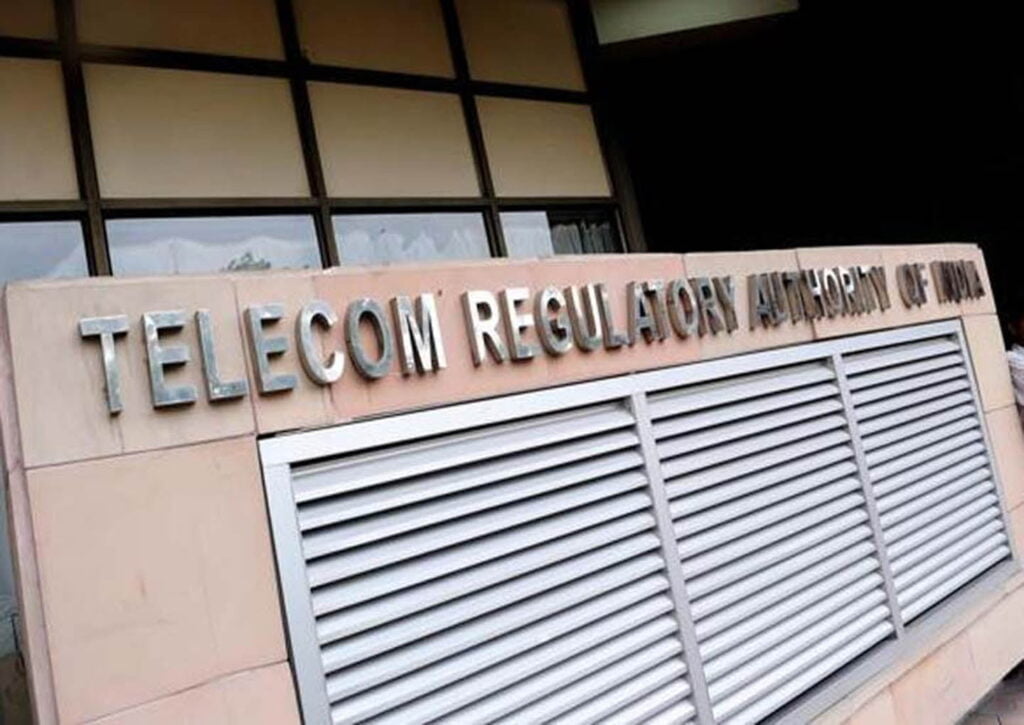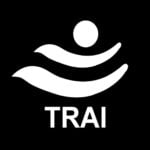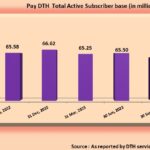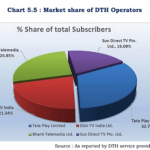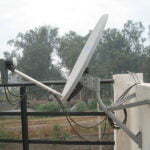10 months after the Telecom Regulatory Authority of India (TRAI)’s New Tariff order came into effect and almost 6 months after the complete migration to the new tariff order, the disruption has settled down. The new tariff order has met with opposition to the consumer’s TV viewing experience being hit. The replies to the regulator’s tweets from its official Twitter handle will give you a sense of the public opinion on the new rules.
Broadcasters and the DPOs have used flexibility given under the new regulatory framework in the absence of any restriction on the discount on the offering of bouquets. Broadcasters are making prices of a-la-carte channels illusory thereby impacting the a-la-carte choice of channels by consumers. Too many bouquets are formed by the broadcasters/Distributors and many of them contain a very similar set of channels, with very few changes. With too many bouquets of broadcasters and DPOs, the consumers get confused and as a result, forced to adopt some suggested packs of TV channels which kills the freedom given to consumers to choose desired TV channels.
Though the consumers may not be happy entirely happy, the government surely does have a reason to do so. According to documents accessed by DreamDTH, the Telecom Regulator Authority of India (TRAI) expects that under the regulatory framework proper bill generation will help in ensuring better compliance of GST. According to estimates GST loss from 25 – 30 percent of the consumers which roughly amounts to 10 crores consumers leads to a loss of around Rs 900 to Rs 1080 crores of tax revenue.
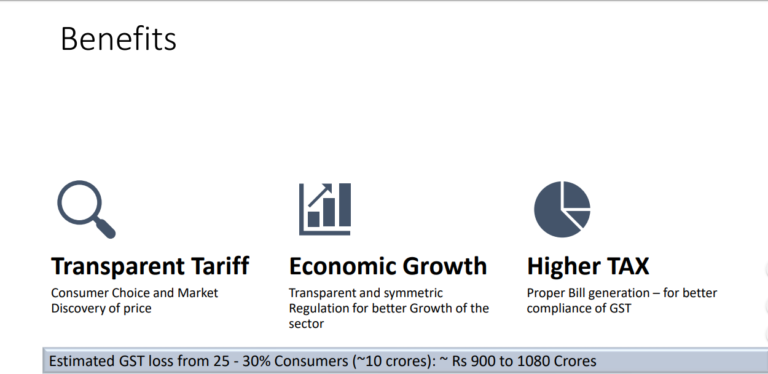
The new QoS Regulations mandates the DPOs to offer broadcasting services related to television to subscribers either on a pre-paid basis or post-paid basis or both pre-paid and post-paid basis. Distributor of television channels on its website also have to maintain the records of billing and payment of subscribers
While the New Tariff Order mandates proper billing however the same is yet to be followed to the book. Cable operators have still not complied fully with the new regulations. Broadcasters in the recent consultations paper have also pointed out that the DPOs were not complying with the existing QoS regulations.
The regulator had on 28 August show-caused four major MSOs namely Den Network, IMCL, Siti Network, Hathway and GTPL Hathway for their failure to ensure compliance to various provisions of the New Regulatory Framework for Broadcasting and Cable TV Services. The regulator pointed out that the LCOs can provide itemized invoices to consumers but most of the LCOs are not providing the same. Some LCOs are providing their own cash memo bills. It also noted that the LCOs without GST Registration is collecting tax amount from the subscribers but not depositing it.

